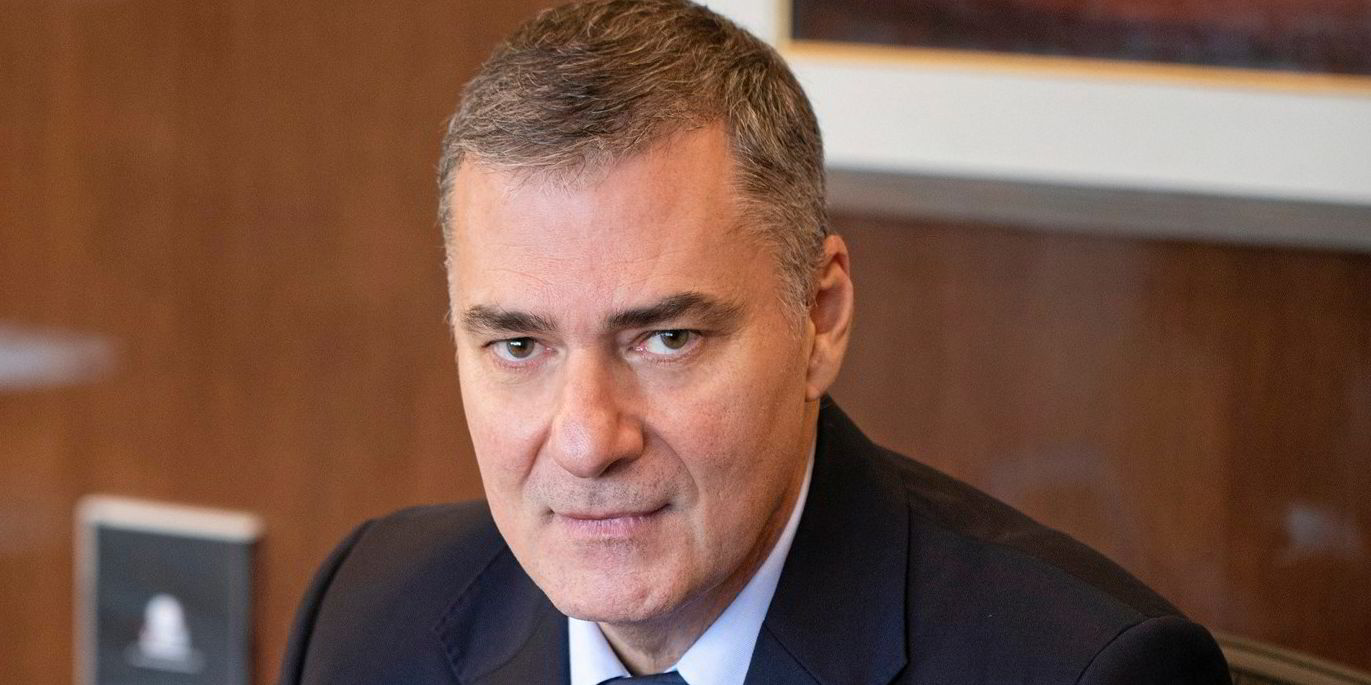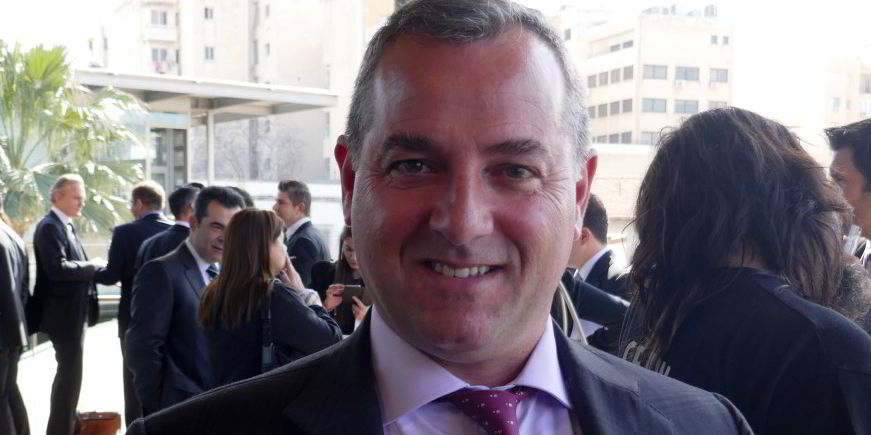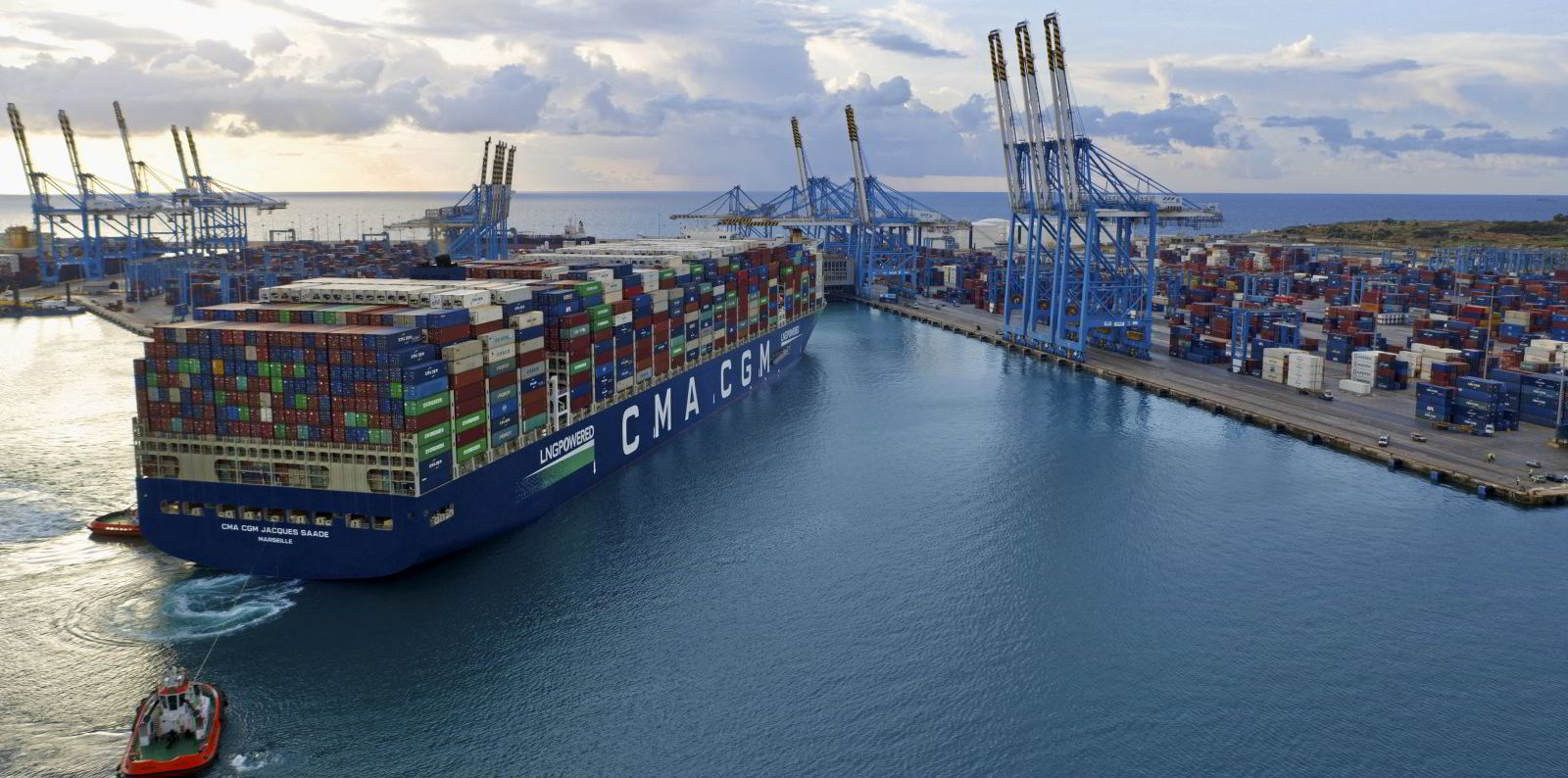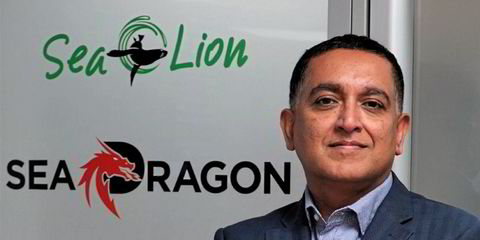Around the time Posidonia took place in 2018, Greek container ship company Danaos looked on the verge of collapsing.
Fast-forward four years and the John Coustas-led owner of more than 70 boxships could not look in better shape.
It reported $1.05bn in annual net income for 2021, perhaps the highest profit ever recorded by a listed Greek shipping company.
Danaos is not the only Greek container shipowner to have been riding high on supply disruptions caused by the pandemic.

Big liner companies have been sweeping up vessels on the secondhand market and funnelling hundreds of millions of dollars into the pockets of the Greek shipowners selling them.
Four liner companies alone — Mediterranean Shipping Co, CMA CGM, Wan Hai Lines and AP Moller-Maersk — have spent about $3.2bn between them on around 60 Greek-held ships since January 2021, according to TradeWinds calculations.
George Logothetis-led Lomar Shipping accounted for nearly half of these deals, shaking off 25 container ships for more than $1bn.
Several represented highly lucrative asset plays, as the Greeks preferred selling vessels they had acquired cheaply during depressed container ship markets — often from German KG (limited partnership) companies.
The $140m price tag the Embiricos family fetched for the 6,881-teu wide-beam Rhodos (renamed CMA CGM Voltaire, built 2013) could be the highest ever achieved by a container ship in the secondhand market.
What to do with the windfall?
Some Greek boxship owners, such as Danaos, Euroseas, Costamare and Contships Management, have been further expanding their container ship fleets.
Acting in a personal capacity, Costamare owner Costis Konstantakopoulos assembled a 10.5% stake in Greek tanker peer Tsakos Energy Navigation.
Meanwhile, his company expanded dramatically in bulk carriers.
In the 12 months to February 2022, Costamare spent more than $700m to build from scratch a fleet of 46 bulkers.
This means Costamare alone accounted for 15% of the 284 bulkers that Greeks bought on the secondhand market in 2021.
Greek bulker buying slackened amid rising prices this year, with owners snapping up just 54 bulkers on the secondhand market up to 8 May, according to Allied Research.
That is a steep drop from the 89 ships that the Athens brokerage recorded as acquired by Hellenic buyers in the same period of 2021.
Costamare, again, is a characteristic example.
Observing the sharp increase in secondhand bulker prices from the time it began buying, the company made its last purchase in February 2022.
Two months later, it reversed gear and made its first bulker sale, offloading a 13-year-old supramax at a $3.6m capital gain.
Another serial Greek buyer is Petros Panagiotidis-led Castor Maritime.
Between July 2019 and December 2021, the Nasdaq-listed company went through an exponential fleet expansion, acquiring 28 secondhand bulkers and tankers for an outlay of $396m.
However, in May 2022, the company saw conditions were ripe to start selling and offloaded its first ship — a 19-year-old LR2 tanker, at a net profit of $3.8m.
Build responsibly
With tanker prices rising after months of decline, the window opens for such manoeuvres.
Other Greeks have been here before.
When tanker newbuilding prices were hitting 20-year lows in November 2020, Leon Patitsas-led Atlas Maritime started to order a string of five aframax newbuildings at Daehan Shipbuilding.
In April, Atlas flipped at least one of them to North African buyers at a fat profit of about $15m.

Tighter environmental regulations have encouraged several Greek companies to order bulker and tanker newbuildings, in the expectation that such tonnage will always fetch higher earnings than the competition as the world struggles to meet carbon reduction targets.
In uncertain times, Greeks have been ordering conservatively. Headline-grabbing moves have been the exception and are usually backed by secured employment.
Especially in bulkers, any Greek ordering has been piecemeal and conservative, with owners — choosy about the shipyard they do business with and at what price — booking one or two newbuildings at a time.
More often than not, the aim has been to replace outgoing tonnage or to expand one step at a time with conventionally fuelled, high-specification vessels.
The value of such newbuildings has suddenly risen, as energy insecurity in the wake of the war in Ukraine is regarded as slowing the drive towards more ambitious green technologies.
“It’s bad for the environment of course, but it’s good for our market,” said Polys Hajioannou, whose Safe Bulkers has nine such bulkers under construction in Japan.




